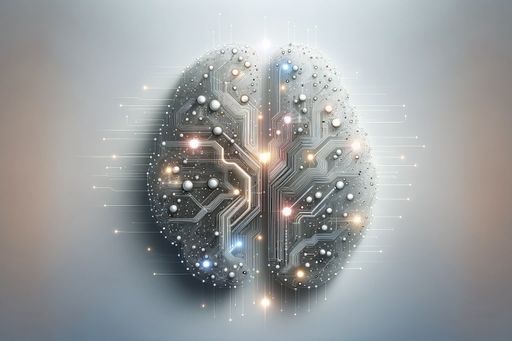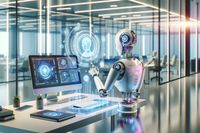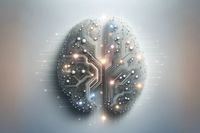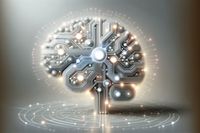Five ways artificial intelligence is rapidly changing our world
The reach of generative artificial intelligence (AI) skyrocketed this year as tech companies raced to get ahead of each other while regulators and lawmakers looked to add guardrails.

ChatGPT kicks off tech race among companies
The launch of OpenAI's ChatGPT chatbot in November 2022 sparked a race among tech companies to develop their own AI chatbots. ChatGPT gained massive popularity, reaching 15.5 million visits in its first week and peaking at 1.8 billion visits in May.
In response, Google launched its own AI chatbot called Bard, while Meta released its open-sourced large language model, Llama 2, for commercial use and research. Tesla CEO Elon Musk also introduced his own chatbot, Grok, which boasted real-time access to information from his platform, X.
Analysts predict that spending on AI will continue to accelerate in the tech sector, making it the most transformative technology trend in recent history.
AI sends Congress scrambling
As AI advancements continued, Congress held a series of hearings and closed-door discussions to understand the risks and benefits of the technology. OpenAI CEO Sam Altman and other industry leaders met with Senators to address concerns and discuss potential regulations.
However, lawmakers have yet to advance a regulatory framework to address AI, despite recognizing its potential to cause significant harm.
The bipartisan efforts to understand AI and its impacts include discussions on election concerns, intellectual property issues, and national security risks.
Hollywood sets new standard for AI labor protections
The increasing capabilities of AI have raised concerns about the impact on jobs. Researchers estimate that around 80% of the U.S. workforce could have at least 10% of their work affected by the implementation of large language models.
In response, Hollywood writers and actors negotiated AI labor protections through union contracts. The agreements include the right for union members to choose the use of AI and the disclosure of AI-generated materials.
These agreements could set a precedent for other industries in ensuring protections for workers affected by AI.
AI raises election misinformation concerns
The rise of generative AI tools, particularly audio and video technology, has raised concerns about the spread of political misinformation. Campaigns, especially in the Republican presidential primary, have already utilized AI in election content.
To address these concerns, tech companies like Google and Meta have implemented policies requiring election advertisers to disclose the use of AI in political ads. The Federal Election Commission is also considering rule clarifications on the use of AI in campaigns.
The aim is to mitigate the spread of false information and ensure the integrity of elections.
AI shakes up education
The launch of ChatGPT and its popularity led schools to initially ban the use of AI tools due to concerns about cheating. However, many have since reversed those bans and are exploring ways to incorporate AI into education.
While AI in education has the potential to alleviate concerns about teacher shortages and enhance learning, it also raises concerns about increasing the tech divide for rural and underprivileged students.
The New York City school system, for example, revoked its ban on ChatGPT and is now working on integrating AI into the curriculum.



